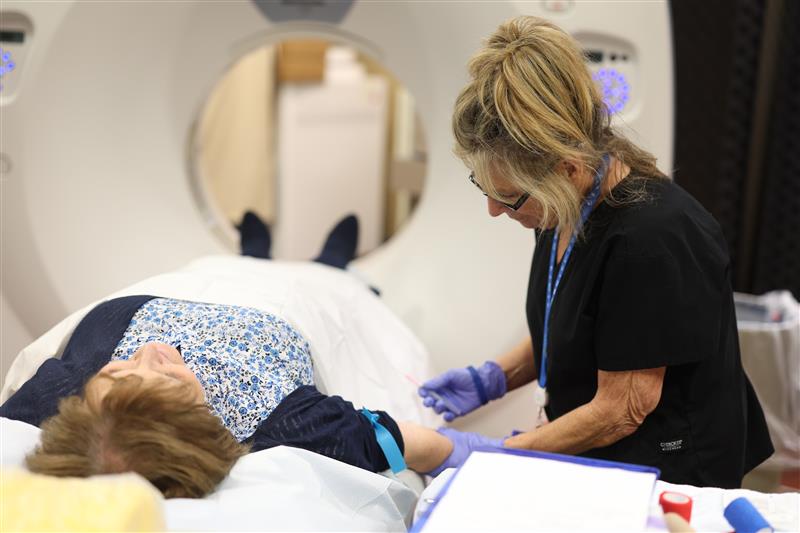Colon cancer diagnosis, prevention and screening are very important parts of our practice, as is screening for esophageal cancer in patients with chronic gastroesophageal reflux and Barrett’s esophagus.
For our patients’ convenience, we have five out-patient offices in the Mid-South.
We also have three endoscopic centers, two in Germantown and one in north Mississippi, in which we perform most of our endoscopic procedures. These centers are equipped with the latest HD-video endoscopic equipment to aid us in rapid and accurate diagnosis of your medical needs. In addition, we offer capsule endoscopy and long tube enteroscopy to assist in diagnosing disorders of the small intestine. We also perform Bravo pH testing for assessment of GERD.
We have privileges at the following hospitals in the Mid-South: Baptist East, Baptist DeSoto, Methodist Germantown, Methodist North, Methodist University, and St. Francis Park.




